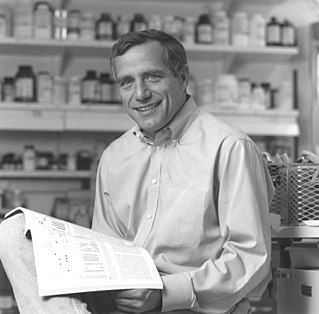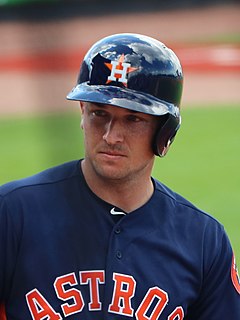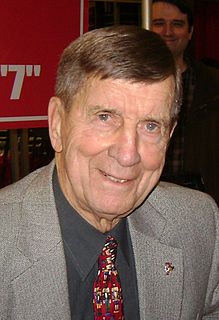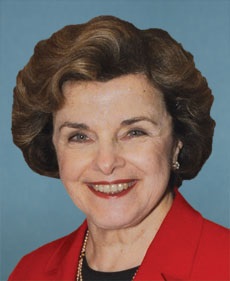A Quote by Temple Grandin
The thing is, autism is all different, you know, variables. And you start out with a certain amount of, you know, the point where the differences in the brain are going to just be a personality variant and, like, for very mild Asperger's. But you get into more severe kinds of autism where there's obvious speech delay, obvious abnormal behavior in a two and three-year-old child, you know, the initial neurology is different from case to case. But all children with autism are going to do better if they get really good educational intervention.
Quote Topics
Abnormal
Amount
Autism
Behavior
Better
Brain
Case
Certain
Child
Children
Children With Autism
Delay
Differences
Different
Educational
Get
Get Real
Going
Good
Good Education
Initial
Intervention
Just
Just Be
Kinds
Know
Like
Mild
More
Neurology
Obvious
Old
Out
Personality
Point
Really
Severe
Speech
Start
Thing
Three
Three-Year
Two
Variables
Variant
Very
Year
Related Quotes
Autism is a neurological disorder. It's not caused by bad parenting. It's caused by, you know, abnormal development in the brain. The emotional circuits in the brain are abnormal. And there also are differences in the white matter, which is the brain's computer cables that hook up the different brain departments.
I think that if I could do any sort of research of autism that I wanted to do, at this point I would take a sample of classic, early infantile autism persons and compare them with what I call "classic late onset autism", individuals. I think we will find that the cause of those youngsters with autism who have autism from birth is probably different than those who have late onset autism.
I think one of the problems with the definition of autism is we keep expanding it. It started as "early infantile autism", and then it became "autism", and now it's "autism spectrum disorder". I'm not opposed to that from the standpoint of trying to broaden our vistas, and so forth. But from a research point of view, the term autism is lost in specificity.
What do we know about autism in 2013? Autism symptoms generally emerge before age three and usually much earlier, often as language delays or lack of social engagement. Recent research suggests that autism can be detected during the first year of life, even before classic symptoms emerge. Indeed, the symptoms may be a late stage of autism.
If you have a child with autism, and he or she has good intelligence, with no delay in language learning maybe there is an advantage to autism as well? Maybe it gives them a better understanding of mathematics, or science? After all, the essence of science and the essence of autism is to notice patterns that others have not noticed.
My autism is a very mild form. It was diagnosed at the age of 25, partly because it wasn't diagnosable as a teenager (this is Asperger's syndrome, specifically). But there were certainly traits within that condition, within the autism spectrum in general, especially at the high functioning end, that I think are best looked at as pluses.






























